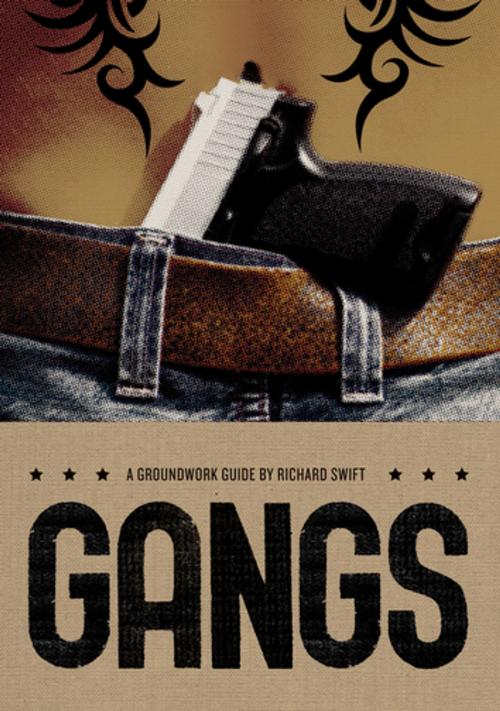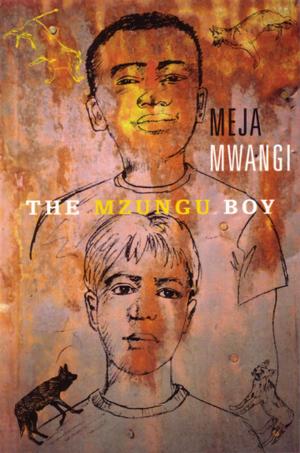| Author: | Richard Swift | ISBN: | 9781554982240 |
| Publisher: | Groundwood Books Ltd | Publication: | November 30, 2011 |
| Imprint: | Groundwood Books | Language: | English |
| Author: | Richard Swift |
| ISBN: | 9781554982240 |
| Publisher: | Groundwood Books Ltd |
| Publication: | November 30, 2011 |
| Imprint: | Groundwood Books |
| Language: | English |
A Booklist Editors’ Choice and a Society of School Librarians International (SSLI) Honor Book
Street gangs have exploded worldwide. Tattoos, baggy pants, tagging, gangsta style, the unspoken threat -- it's all just around the corner in most of the world's major cities. From the streets of Los Angeles to the shantytowns of Cape Town, hundreds of thousands of "at risk" youth are deciding whether they should join their local gang.
Violence, guns, the drug trade, racism, poverty, families under pressure and ever-widening slums all provide a witch's brew in which the youth gang tempts young males and females with a sense of identity and belonging that their world has denied them.
Gangs exposes the roots of the problem as it moves from the banlieues of France to the favelas of Brazil. It offers a startling analysis of the complicity of the official adult world and some controversial ideas for reforms that might just undermine the appeal of gang life.
For many of the world's young -- especially those who are poor -- joining a gang is a real career choice. It is a choice that can be as deadly for young gangsters as for their victims. Richard Swift shows us that we fail to understand gangs at our peril.
A Booklist Editors’ Choice and a Society of School Librarians International (SSLI) Honor Book
Street gangs have exploded worldwide. Tattoos, baggy pants, tagging, gangsta style, the unspoken threat -- it's all just around the corner in most of the world's major cities. From the streets of Los Angeles to the shantytowns of Cape Town, hundreds of thousands of "at risk" youth are deciding whether they should join their local gang.
Violence, guns, the drug trade, racism, poverty, families under pressure and ever-widening slums all provide a witch's brew in which the youth gang tempts young males and females with a sense of identity and belonging that their world has denied them.
Gangs exposes the roots of the problem as it moves from the banlieues of France to the favelas of Brazil. It offers a startling analysis of the complicity of the official adult world and some controversial ideas for reforms that might just undermine the appeal of gang life.
For many of the world's young -- especially those who are poor -- joining a gang is a real career choice. It is a choice that can be as deadly for young gangsters as for their victims. Richard Swift shows us that we fail to understand gangs at our peril.















